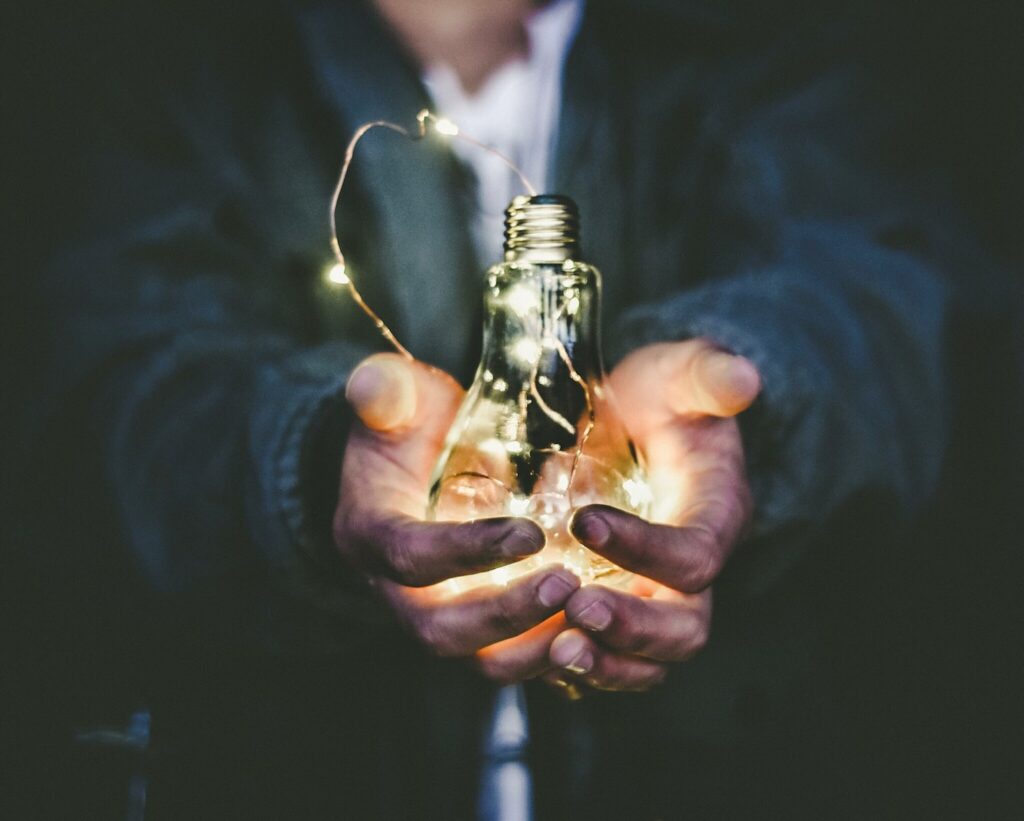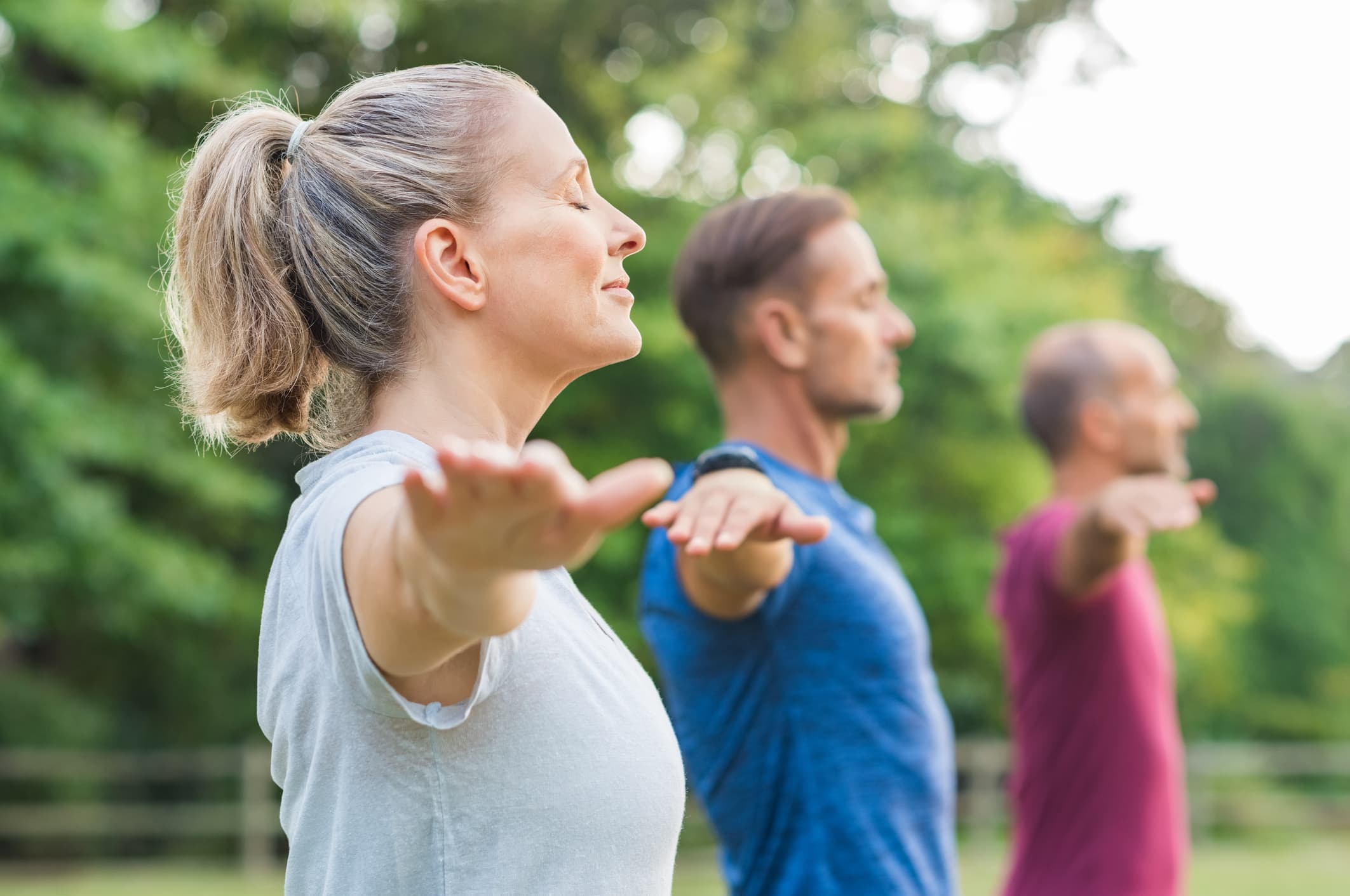Through Quantum Physics, science shows us that everything in our universe is energy. It is also the energy associated with Wellness, Physical Fitness, Mental Resilience and Emotional Health, and for this reason the second driver in our WellBeing Wheel.
Boosting your energy is one of the best things you can do to improve your wellbeing. It reinforces resilience and ability to cope, and by association, the overall quality of one’s life. It will also give you the best chance of achieving the next target, perhaps even your next job role or promotion.
These things don’t happen by magic, they need us to care for the most precious thing in life, ourselves, and to safeguard our health, our body, our mind and our emotions … so we can take care of ourselves and also others, either at work, home or friends in need.
The most productive, happy and energetic people put the work in daily to make this happen. It’s like training at the gym. It gives our lives structure, the opportunity to make positive changes, and to achieve our goals. The secret is to create healthful habits a part of our daily routine.
What We Eat
What we eat is directly related to our energy, productivity, health, emotions, concentration and mood. So pretty important!
And, body weight aside, eating healthy food is an act of self-care and self-esteem, so try to avoid the foods that do us harm such as sugar, processed foods, and too much caffeine and alcohol.
When you have an energy slump, try not to automatically reach for a tea or coffee, biscuits or chocolate, instead keep a range of healthy snacks nearby. The protein from a handful of nuts will give you prolonged energy, far longer lasting than the sugar rush from a bar of chocolate.
We’ll have more about Nutrition later in the week, although for now, suffice to say, a good healthy diet and eating about every 3 to 4 hours will keep your energy levels up.
Drink More
No, not caffeine or alcohol!
Drink more water to stay hydrated and flush out toxins. A favourite is a glass of lemon water first thing each morning, topped up during the day. Although acidic, lemon has an alkalising effect once processed within the body so it supports digestion and helps in the release of toxins which may have built up overnight.
The average adult human body is 55%-65% water, so being dehydrated by just 2% impairs your performance in mental tasks and physical co-ordination.
Get Moving
Movement is one of the most effective ways to give ourselves the daily care our bodies need, which in turn increases our overall energy and wellbeing. Just 20 minutes a day to start with will work wonders. Outdoors, if possible.
Science proves that exercise optimises our brain, our mood, and our ability to focus, which directly affects our performance. It also counteracts depression, and reduces stress and anxiety.
If you are worried about something. A helpful thought-changing prompt is to shift direction, literally. If you are sitting down stand up, if standing sit down, if inside go outside, if walking in one direction turn around and walk the other way, and so on. It will switch your focus and so switch what’s on your mind.
Exercise is also essential for slowing age-related cognitive decline and for promoting wellbeing. But it doesn’t need to be particularly intense for you to feel good – slower-paced activities, such as walking, can have the benefit of encouraging social interactions, as well providing some level of exercise.
Today, why not get physical? Here are a few ideas:
• Do some ‘easy exercise’, like stretching, before you leave for work in the morning.
• Walk into work – perhaps with a colleague – so you can ‘connect’ as well.
• Get off the bus one stop earlier than usual and walk the final part of your journey.
• Take the stairs not the lift.
• Walk to someone’s desk instead of calling or emailing.
• Go for a walk at lunchtime.
• Organise a work sporting activity or have a kick-about in the local park.
Being active will release endorphins, your body’s natural happy hormone, which helps to counter balance excess cortisol when you are under pressure and feel stressed. Did you know: sitting down and being sedentary restricts your energy levels and negatively impacts concentration? So get up and get moving!
And, Sleep!
Sleep is vital for our bodies to recharge and regenerate, and for the brain to discharge what you have been unable to deal with during the day, so a vital part of stress management. More about rest and relaxation later in the week, for now, pull down those blackout blinds and make sure you get your 7-8 hours a night.


